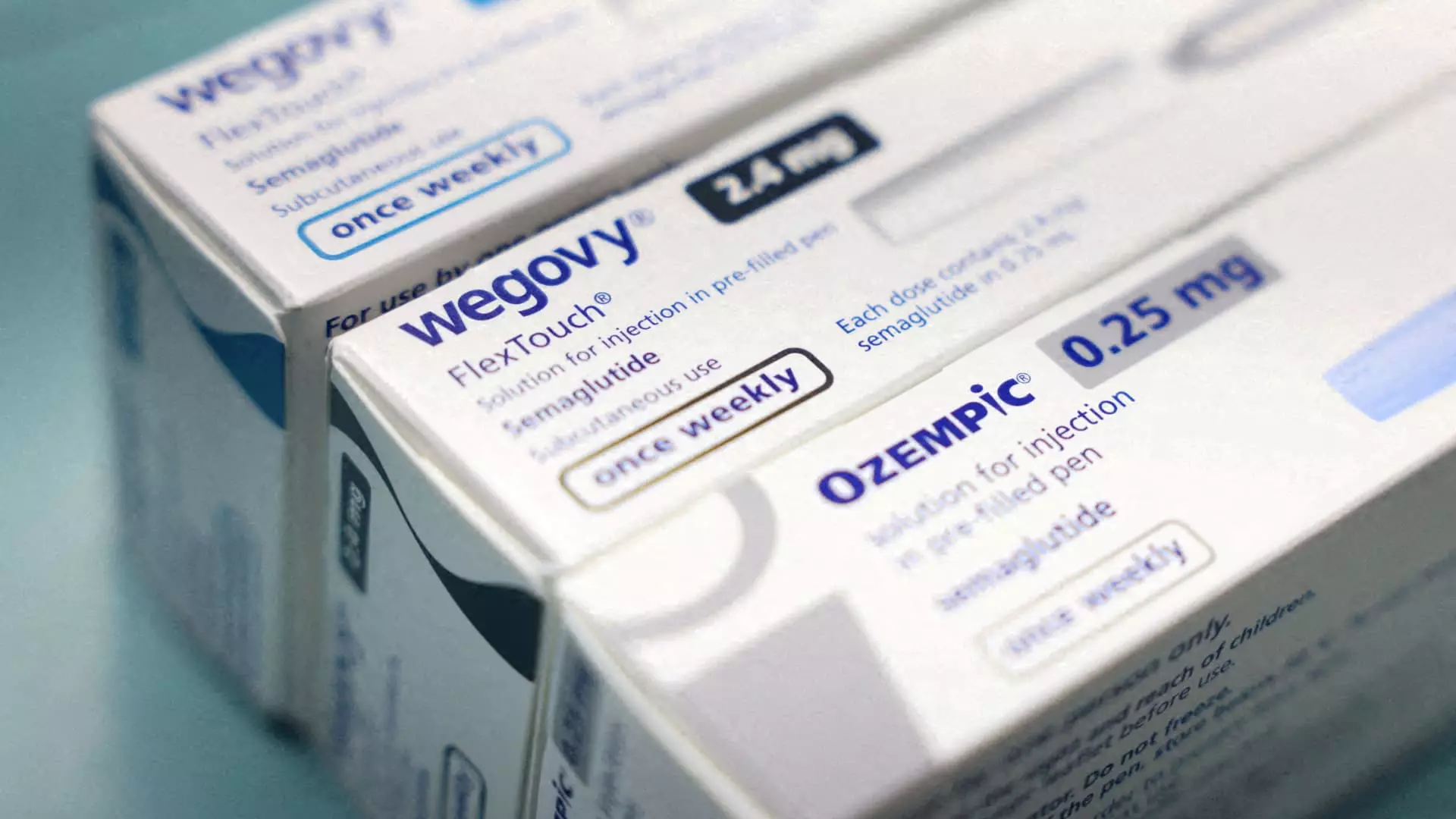The landscape surrounding Novo Nordisk’s weight loss injection Wegovy and diabetes treatment Ozempic has recently undergone a significant shift. For more than two years, these vital medications experienced a severe shortage in the United States, which prompted many patients to seek alternatives through compounding pharmacies. However, the U.S. Food and Drug Administration (FDA) has announced that the supply issues have been resolved, opening the door for Novo Nordisk to regain control over the market for its two leading treatments.
This development comes as a breath of fresh air for patients who were previously reliant on compounded versions of semaglutide. It raises important questions about the future of compounding pharmacies and their ability to provide unbranded alternatives moving forward.
As the FDA’s announcement signals the end of the shortage, compounding pharmacies that have been supplying patients with unapproved versions of Wegovy and Ozempic are about to face significant setbacks. Over the next few months, these pharmacies will be compelled to cease production of their compounded versions of semaglutide. This change has immediate implications not only for patients but also for the compounding pharmacies that have been providing critical access to these drugs.
Novo Nordisk’s successful resolution of the shortage reinforces the company’s position within the market but simultaneously diminishes the role of compounding pharmacies that have filled the gaps during the crisis. For many patients relying on these alternatives due to supply constraints or insurance coverage limitations, this decision could lead to increased costs and possibly diminished access to essential medications.
The financial markets have responded robustly to the FDA’s announcement. Shares of Novo Nordisk saw a notable increase of approximately 5%. In stark contrast, telehealth company Hims & Hers reported a decline exceeding 25%. This juxtaposition highlights the distinct competitive dynamics that are unfolding in the wake of the shortage resolution. As Novo Nordisk capitalizes on its return to market strength, companies that relied on the compounded versions of semaglutide now find themselves vulnerable.
Investors are increasingly recognizing the market potential in the burgeoning sphere of weight-loss medications. Analysts project that the demand for such drugs could push the market value beyond $150 billion annually by 2030. This projection underscores the importance of supply chain stability and the ability of manufacturers to meet consumer needs effectively.
Novo Nordisk’s recent triumph in overcoming the supply crisis allows it to sharpen its competitive edge, especially in relation to its rival Eli Lilly. Notably, this comes on the heels of the FDA’s earlier announcement regarding the shortage resolution for tirzepatide, the active ingredient in Eli Lilly’s products. With both companies now operating at full capacity, the stage is set for a robust competition in the pharmaceutical space that promises to benefit consumers seeking effective weight-loss solutions.
However, Novo Nordisk remains cautious. The FDA has indicated that while the supply situation has largely stabilized, localized disruptions may still occur as products navigate through the supply chain. This note of caution serves as a reminder that although significant progress has been made, a complete recovery of the market may still take time.
In his statement regarding the FDA’s decision, Dave Moore, an executive at Novo Nordisk, emphasized the importance of patient safety. The availability of unapproved drugs presents ethical and health-related ramifications. The emergence of counterfeit or illegitimate alternatives poses significant risks to patients, making the return to an FDA-approved supply chain a crucial priority. As trusted healthcare providers shift focus back to approved medications, the health and safety of patients take center stage.
The resolution of the semaglutide supply shortage is undoubtedly a watershed moment in the context of weight loss and diabetes treatments. As the market stabilizes, the ripple effects will influence everything from drug pricing to patient access, and the strategies employed by major pharmaceutical players will evolve accordingly.
Going forward, it will be essential for healthcare stakeholders to monitor the evolving landscape, ensuring that patients continue to receive safe and effective treatments without interruption. As Novo Nordisk solidifies its position, the implications for competition and innovation within the industry promise to shape the future of diabetes and weight-loss treatments for generations to come.


Leave a Reply